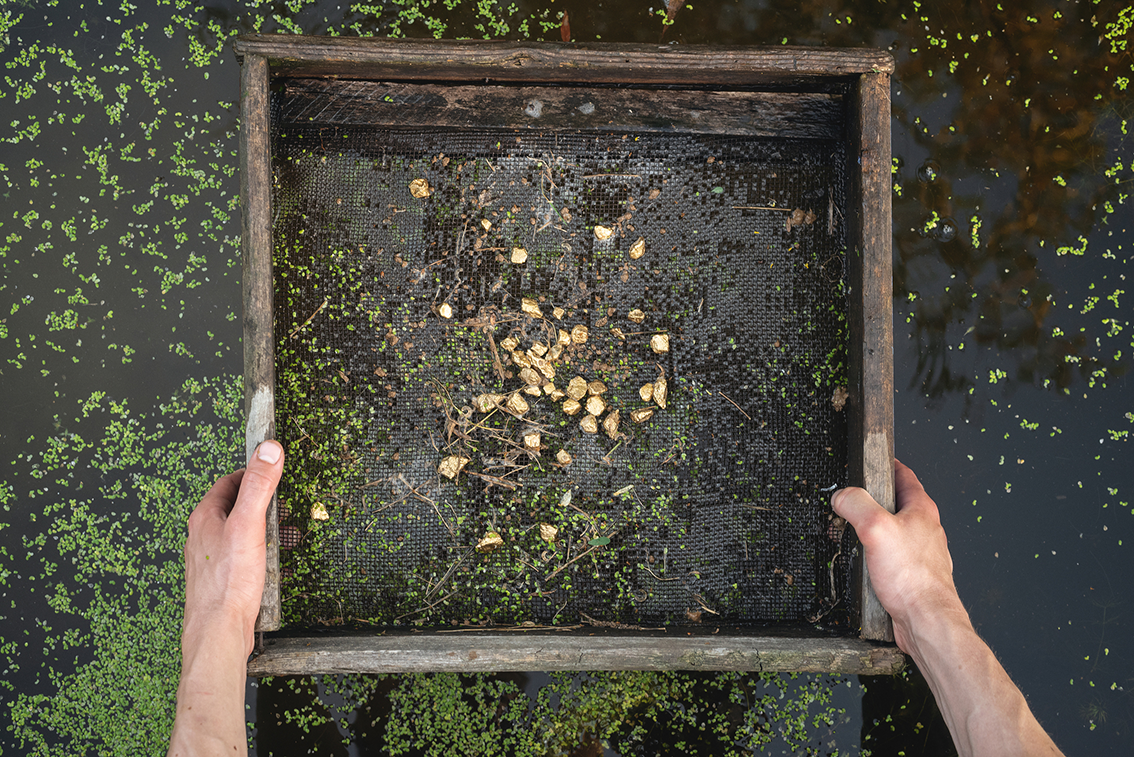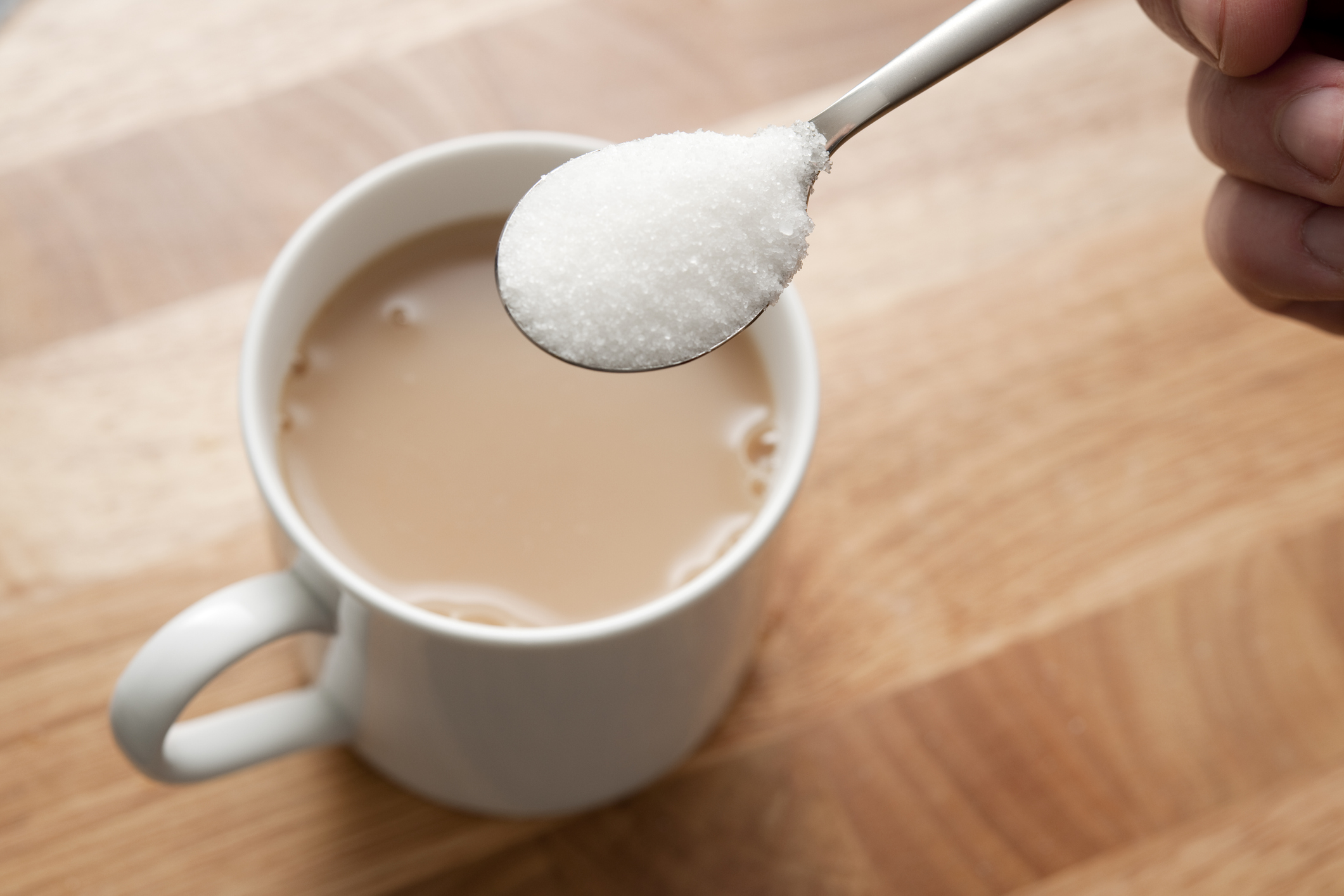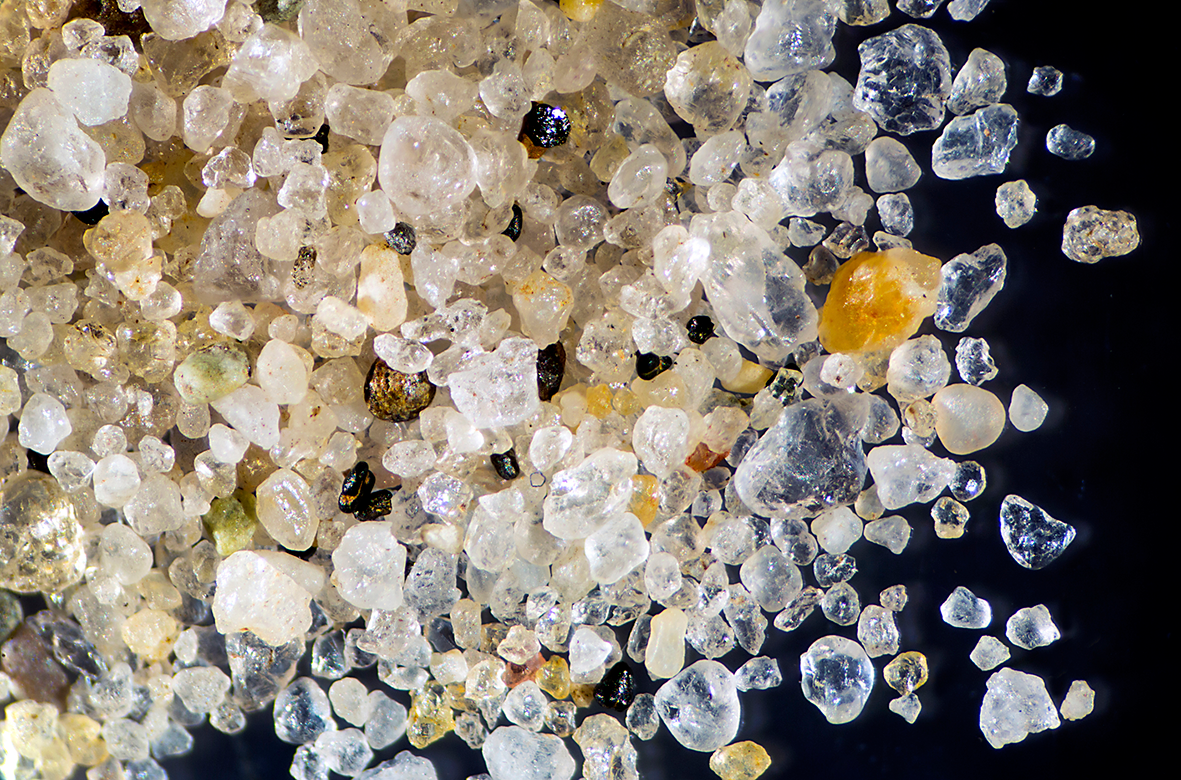Learning objectives
Knowledge
- To explain the process of filtering.
Working scientifically
- To identify testable questions and how to answer them.
Success criteria
Knowledge
- I can define
This content is for subscribers only. Join for access today.
National curriculum
Science
Properties and changes
This content is for subscribers only. Join for access today.
Cross-curricular links
British values
- Mutual respect
See
This content is for subscribers only. Join for access today.
Before the lesson
This content is for subscribers only. Join for access today.
Lesson plan
Recap and recall
Play the link: Building block sieves on VideoLink. Ask the children to discuss the following questions with a partner:
This content is for subscribers only. Join for access today.
Extended-mode explainer videos
How to extend your display to view the lesson page and preseantion mode simultaneously. Choose your operating system below to watch the video
If you need further support with extending your display,
please contact [email protected].
Extended-mode explainer video: For Mac
Extended-mode explainer video: For Windows
Adaptive teaching
Pupils needing extra support
Could use the sticky notes to reveal the size of the gaps for each material, could use the filtering diagram on the Knowledge organiser to help them draw and label their filtering diagram.
Pupils working at greater depth
Should collect a teabag and answer the question: How is the teabag a filter for the tea? (The bag has small holes that let water with dissolved tea through but that do not let large, undissolved pieces of tea leaf through); should identify and record a list of other filters used in the home or in everyday life, such as water filters, swimming pool filters, coffee filters and washing machine filters; could choose an extension activity relating to filtering from the Resource: Stretch and challenge: Mixtures and separation.
This content is for subscribers only. Join for access today.
Assessing progress and understanding
Pupils with secure understanding indicated by: defining the term filtering;
This content is for subscribers only. Join for access today.
Knowledge outcomes
- I can define the term filtering as a technique in which a liquid-solid mixture is separated by passing it through a material with gaps.
- I can explain how filtering separates mixtures by trapping larger solid particles and letting the smaller liquid particles pass through.
- I can identify that filtering should be used to separate liquid-solid mixtures in which the solid particles are large enough to be trapped by the filter.
This content is for subscribers only. Join for access today.
Vocabulary definitions
-
filtering
A technique used to separate liquid-solid mixtures.
This content is for subscribers only. Join for access today.





